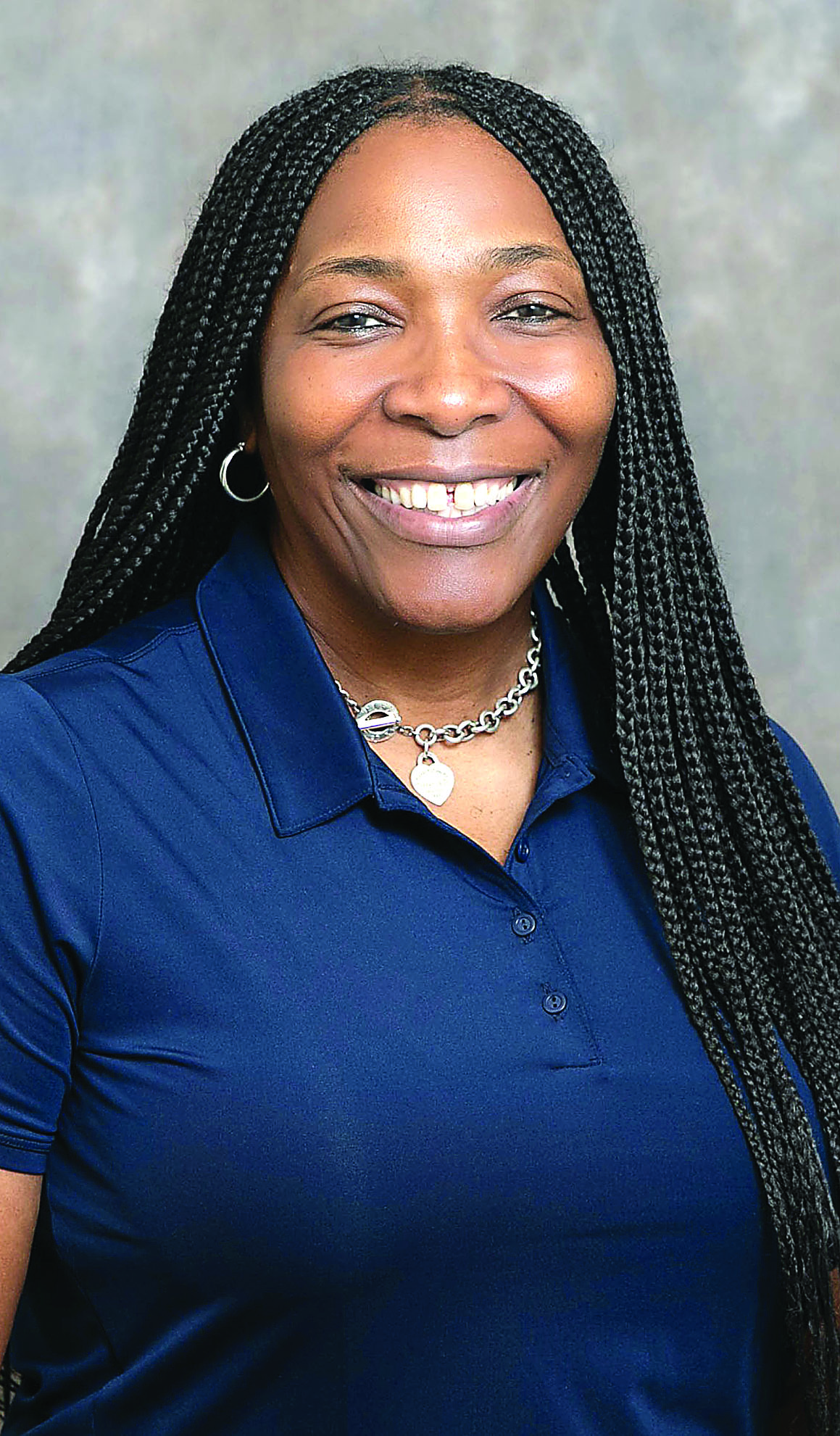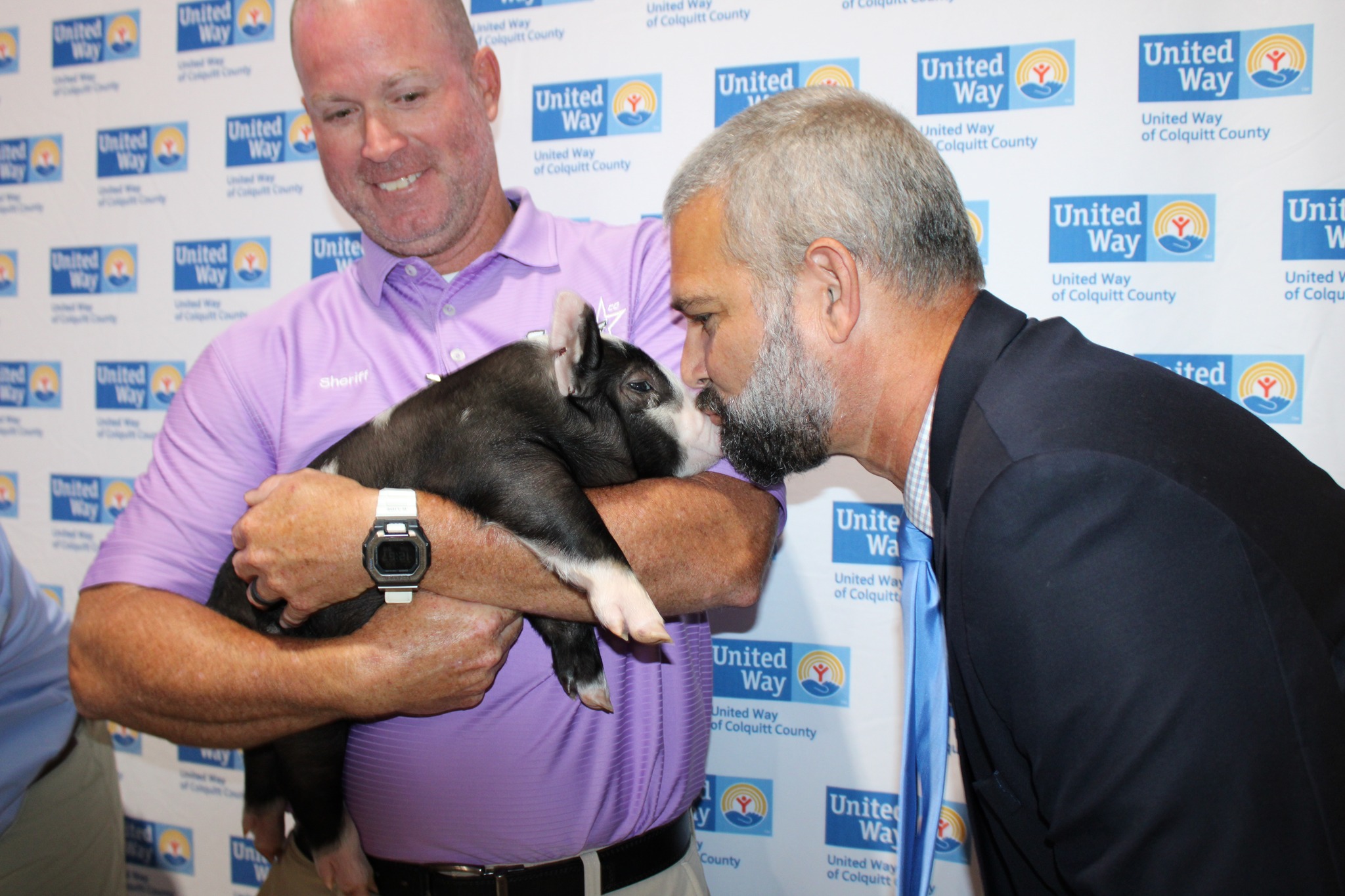Adoption numbers on decline
Published 3:52 pm Sunday, April 30, 2017
NEW YORK (AP) — For legions of Americans craving a chance to adopt children, a confluence of daunting trends makes this an especially distressing time.
The overall number of U.S. adoptions has dropped significantly in recent years, straining the viability of many adoption agencies and drawing some into conduct that authorities describe as unethical or worse. Would-be adoptive parents confront the specter of long waiting times and high fees. And many face pressure to spend lavishly on self-promotional advertising if they want to compete for a chance to adopt an infant.
Chuck Johnson, CEO of the National Council for Adoption, estimates that 1 million families are trying to adopt at any given time.
“No matter where they go, unless they’re super lucky, they’re going to be in for a long wait,” Johnson said. “They’re going to be in a slow, painful process for foster care or in this massive competition for the limited number of healthy infants – and that’s where the situation is ripe for fraud. There are so many families who want to adopt, and so few options for them.”
Inevitably, some of the people desperate to adopt fall victim to scams. In March, a woman from Carolina Beach, North Carolina, was accused of using the internet to fleece a dozen would-be adoptive parents. In 2015, a Texas woman was sentenced to five years in federal prison for defrauding a Kansas couple out of $22,225; she falsely claimed she was pregnant and wanted to put her twins up for adoption.
In the absence of comprehensive federal figures, Johnson’s council, which represents more than 120 adoption agencies, periodically tries to tally the total number of adoptions in the U.S. Its latest count, released in February, showed a 17 percent drop from 133,737 adoptions in 2007 to 110,373 in 2014.
Most of the decline was due to a sharp decrease in the number of international adoptions; the number of infant adoptions remained relatively stable at about 18,000, as did adoptions out of foster care at about 50,000.
Thousands of clients seeking to adopt have been buffeted recently by the downfall of their agencies, in some cases after having paid many thousands of dollars over several years.
The State Department, alleging extensive improprieties in handling international adoptions, shut down Ohio-based European Adoption Consultants in December. It operated in a dozen foreign countries.
A few weeks later, a domestic-adoption agency licensed in eight states, the Independent Adoption Center, declared bankruptcy, leaving more than 3,000 clients in the lurch. The California-based agency, which boasted of arranging more than 4,000 adoptions over a 34-year history, blamed the bankruptcy on “societal changes” that increased the number of parents seeking to adopt domestically while shrinking the pool of expectant mothers open to having their babies adopted.
Among the affected clients were Nicole and Don Davis of Lake Tapps, Washington, who said they had been working with the adoption center for four years at a cost of about $20,000.
“Honestly, I was stunned,” Nicole Davis said of the bankruptcy news. “For the first few weeks, I was bouncing between frustration and anger and crying all the time.”
She recalled a Super Bowl party in February with friends who brought their infants. “It was a gratifying day to hold the babies … but at the same time it was devastating,” she wrote in her blog. “I actually cried the whole way home.”
Another couple, newlyweds Christopher Koontz and Bobby Duong of Long Beach, California, said they’d paid the agency about $16,000 over nearly two years, and right up until the bankruptcy were still being urged to spend more on advertising to promote themselves on social media. The extent of any reimbursement is uncertain.
“Several of our close friends, family members and co-workers were rooting for us to adopt – it felt shameful to tell them what happened,” Duong said.
Koontz, a city planner for Long Beach, said he and Duong have approached another agency to pursue their quest for a child, but he finds himself disillusioned about the adoption business.
“It’s very much run like a time-share presentation,” he said. “It’s a high pressure sales pitch, and then as soon as you cut the check it’s like you’re dealing with a completely different group of people.”
Josh Christian, a lawyer in Greenville, South Carolina, was a client of European Adoption Consultants. He estimates that he and his wife ended out paying $10,000 extra to complete the adoptions of two sisters from Uganda, who had to spend more time in an orphanage because of the agency’s shutdown.
Only after the State Department action did Christian learn that there were long-simmering problems with EAC. He suggested there should be some sort of national database through which would-be adoptive parents could access information of that nature.
EAC was accused by the State Department of charging excessively high fees, misrepresenting information about children, and other improprieties. The agency said it considered the shutdown unwarranted and was considering an appeal.





